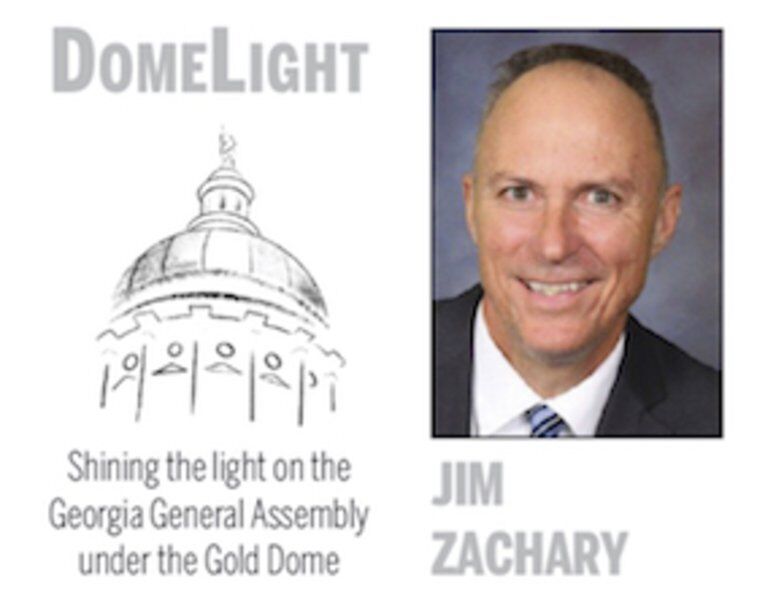ZACHARY: Public records should be easy to get
Published 6:00 am Tuesday, February 28, 2023

- CNHI Deputy National Editor Jim Zachary
Public records belong to the public.
Agencies should always make records available in a timely fashion.
Trending
At the Georgia Bar, Media and Judiciary Conference in Atlanta at the State Bar of Georgia conference center Friday, Jennifer Colangelo, assistant Georgia attorney general, said there are records that can be quickly produced and they should be.
Just because local records custodians can wait for three business days to produce a record, it does not mean they should, she said.
Colangelo talked about a resident coming into a local office and asking for a record that is readily available. She said if the local records custodians can simply go to a copier, copy the document and hand it over, then they should.
The Georgia General Assembly has called open government the strong public policy of the state of Georgia.
Local officials should take that strong public policy seriously.
When the Georgia General Assembly rewrote and ratified Sunshine Laws in 2012, lawmakers put some real teeth in the law. It is a criminal offense to violate the Georgia Open Records Act and Open Meetings Act.
Trending
A first violation of the law is punishable with fines up to $1,000. A $2,500 fine can be imposed for additional violations.
The Office of the Attorney General is tasked with enforcing the open government laws.
Colangelo, on Friday, referenced an Atlanta case where the state brought criminal charges for violations of the Sunshine Law — the AG’s office ordered an investigation by the Georgia Bureau of Investigation into violations of the state’s Open Records Law.
In that case, a city press secretary was convicted of stalling public records requests. When the city received a request for public records that could have been unflattering to city officials, the press secretary instructed a subordinate to “drag this out,” “be as unhelpful as possible” and “provide the information in the most confusing format available.’”
Every public information officer, communications director, press secretary, records custodian, spokesperson and, of course, all elected and appointed officials should take the outcome of that case very seriously and realize they are working for the public, and all the records they hold and meetings they conduct are public records and public meetings.
If they violate the Open Records Act, they can be prosecuted.
Jim Zachary is CNHI’s director of newsroom training and development, deputy national editor, the editor of The Valdosta Daily Times and president emeritus of the Georgia First Amendment Foundation.





